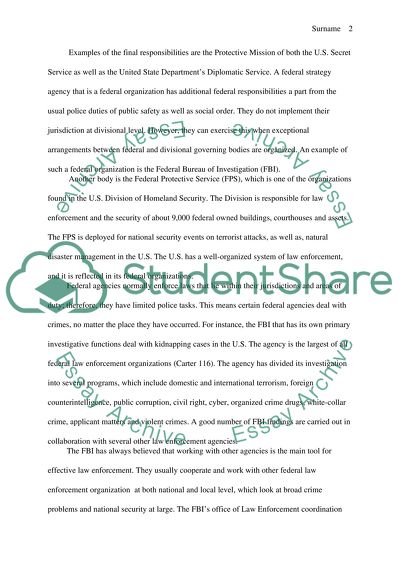Cite this document
(“The three stages of Law Enforcement in Texas (State, Local, and Essay”, n.d.)
The three stages of Law Enforcement in Texas (State, Local, and Essay. Retrieved from https://studentshare.org/law/1460418-the-three-stages-of-law-enforcement-in-texas-state
The three stages of Law Enforcement in Texas (State, Local, and Essay. Retrieved from https://studentshare.org/law/1460418-the-three-stages-of-law-enforcement-in-texas-state
(The Three Stages of Law Enforcement in Texas (State, Local, and Essay)
The Three Stages of Law Enforcement in Texas (State, Local, and Essay. https://studentshare.org/law/1460418-the-three-stages-of-law-enforcement-in-texas-state.
The Three Stages of Law Enforcement in Texas (State, Local, and Essay. https://studentshare.org/law/1460418-the-three-stages-of-law-enforcement-in-texas-state.
“The Three Stages of Law Enforcement in Texas (State, Local, and Essay”, n.d. https://studentshare.org/law/1460418-the-three-stages-of-law-enforcement-in-texas-state.


